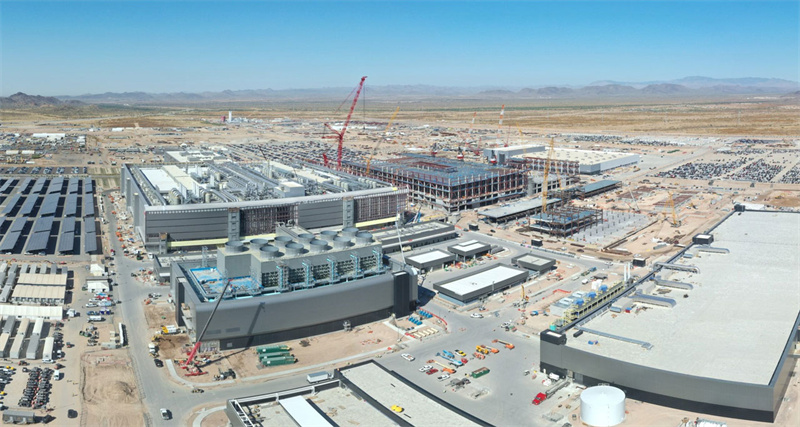TSMC is ramping up its global expansion efforts with plans to build nine new production facilities in 2025—eight semiconductor fabs and one advanced packaging plant—marking the highest number of concurrent site builds in the company's history.
The announcement was made at both the TSMC North America Technology Symposium and its Taiwan Technology Forum in May. Executives, including SVP and Deputy Co-COO Dr. Cliff Hou and VP of Operations Chang Tsung-Sheng, highlighted that TSMC had averaged three new fabs per year between 2017 and 2020, then increased that figure to five between 2021 and 2024. This year, that number will jump to nine, driven by surging demand and the company's pursuit of advanced process leadership.
TSMC's capital expenditures are set to rise accordingly, with $38 billion to $42 billion earmarked for 2025—up from $29.2 billion in 2024 and surpassing its previous record of $35.2 billion in 2022. The spending will support the construction and equipment installation of fabs across Taiwan, the U.S., Japan, and Germany.
Among the new builds, Taiwan's Fab 20 in Hsinchu and Fab 22 in Kaohsiung are set to begin volume production using TSMC's 2nm-class N2 node this year. These facilities will later transition to the more advanced N2P and A16 (1.6nm-class) technologies starting in late 2026. Construction on Fab 25 in Taichung is also expected to begin by the end of 2025, with plans to produce A14 (1.4nm-class) chips by 2028 or later.

TSMC's expansion in the U.S. is centered around its Arizona-based Fab 21 site. Phase 1 is ramping up N4/N5 production, while Phase 2 (N3-capable) has completed construction and will soon begin equipment installation. Phase 3, which will support N2 and A16 nodes, broke ground in April 2025. Pending regulatory approvals, construction on Phases 4 and 5—slated for even more advanced nodes—could begin later this year.
TSMC plans to produce 30% of its 2nm and beyond chips in the U.S., underscoring its commitment to establishing a robust semiconductor cluster in Arizona. CEO Dr. C.C. Wei emphasized that this will enhance supply chain resilience and support economies of scale in the region.
Outside of Taiwan and the U.S., the company is also constructing Fab 23 Phase 2 in Japan and Fab 24 Phase 1 in Germany, further diversifying its advanced manufacturing footprint.
Despite the scale of its projects, how TSMC counts “new” fabs can be ambiguous. The company includes all sites that are under construction, about to break ground, or soon to begin production. By this method, TSMC lists nine new facilities this year, though public information confirms eight (seven fabs and one advanced packaging plant).
This aggressive buildout reflects both rising demand—particularly for larger AI chips requiring more wafer starts—and increasing fab complexity and cost. The company is investing heavily in EUV lithography, including Low-NA and eventually High-NA systems from ASML, each costing hundreds of millions of dollars per unit.
With the semiconductor industry racing toward smaller nodes and higher performance, TSMC's 2025 expansion plan is central to its strategy to maintain technological leadership and meet global demand. Whether it can meet these ambitious construction and production timelines remains a key factor in its continued dominance.
+86 191 9627 2716
+86 181 7379 0595
8:30 a.m. to 5:30 p.m., Monday to Friday
